Foreign minister urges full implementation of arms treaty
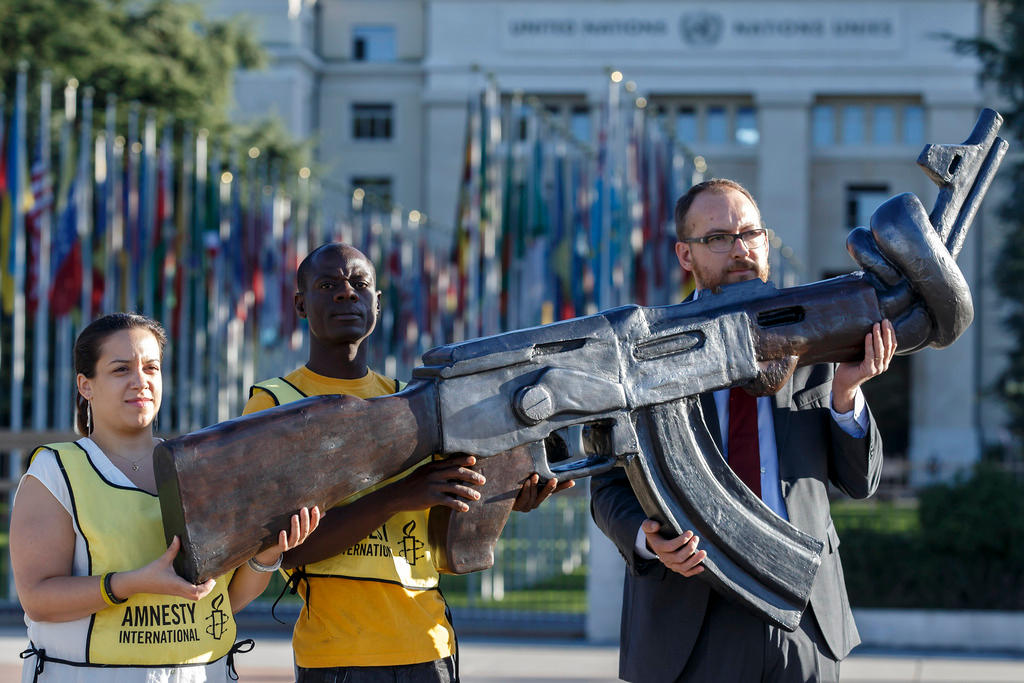
States must focus more effort on fully implementing the landmark Arms Trade Treaty (ATT), which was adopted four years ago, Swiss Foreign Minister Didier Burkhalter said on Monday.
“Over the past two years there has been progress [regarding the ATT],” Burkhalter told an audience of officials and experts gathered in Geneva for the third Conference of States Parties to ATTExternal link. “The institutional structure on which the treaty is founded is fully functional, especially its secretariat.”
Since 2015, Geneva has been the seat to the ATT secretariat and hosted the annual treaty conference.
But now more effort should be focused on putting it into effect, said Burkhalter: “We aspire to a strict and effective implementation of the treaty.”
As the only global convention aiming to regulate the international arms trade and make it more responsible, it is crucial the ATT ‘keeps its promises’, the Swiss minister added.
Switzerland is one of 130 countries that have signed up to ATT; so far 92 have ratified the internationally binding rules on the cross-border trade of conventional weapons adopted by the United Nations General Assembly in 2013. However, major arms exporters Russia and China, and importers such as India, Saudi Arabia or Pakistan, have not yet joined; the US has signed but not ratified.
Burkhalter congratulated Benin, Cap Verde, Honduras, Guatemala, Madagascar, Monaco and South Korea, which had signed up to the treaty since last year, and urged other states to join to make it truly universal.
‘Stop shuffling papers’
Activists and humanitarian organisations echoed Burkhalter’s message, but used much tougher words.
“It’s time to stop shuffling papers and start saving lives,” Anna Macdonald, director of the Control Arms CoalitionExternal link, told reporters in Geneva. “Governments are too focused on procedures and bureaucracy and not focusing enough on implementation.”
In a statementExternal link, Amnesty International said weak implementation and lack of transparency were threatening to undermine the treaty, whilst “half a million people are killed every year by firearms, and millions more are trapped in brutal conflicts fuelled by reckless arms sales”.
Under the ATT, exports of conventional weapons cannot take place if there is an overriding risk they could contribute to serious violations of international human rights or humanitarian law. However, Amnesty accused several countries of breaking treaty obligations with “reckless deals”.
It said states including France, Britain and Italy had supplied Egypt with a range of conventional weapons that could be used for internal repression including light arms and ammunition.
The NGO added that several governments “continued to lavish weapons on Saudi Arabia, despite overwhelming and credible evidence of serious violations of international humanitarian law in Yemen”. These include Britain, which had approved exports of licences worth over £3.7 billion, and the US, which in May agreed $110 billion worth of potential arms sales to Saudi Arabia.
According to the Stockholm International Peace Research Institute (SIPRIExternal link), other significant suppliers of heavy weapons to Saudi Arabia since the start of the conflict in Yemen include France ($218 million), Spain ($196 million), Switzerland ($186 million), Italy ($154 million), Canada ($115 million) and Turkey ($91 million).
Transparency and reporting are also deficient, say campaigners. Under the ATT, all states parties are required to submit annual reports on their arms imports and exports. However, Amnesty said only 48 out of 75 states parties had submitted an annual report on their 2016 arms imports and exports, and 13 governments still have not even submitted a report for 2015. Many reports were full of inconsistencies and gaps, it added.
“This is not just an administrative concern. The fact that some states are choosing to leave huge gaps, or simply not submit their reports at all, raises disturbing questions about what they are trying to hide,” said James Lynch, Head of Arms Control and Human Rights at Amnesty International.

In compliance with the JTI standards
More: SWI swissinfo.ch certified by the Journalism Trust Initiative

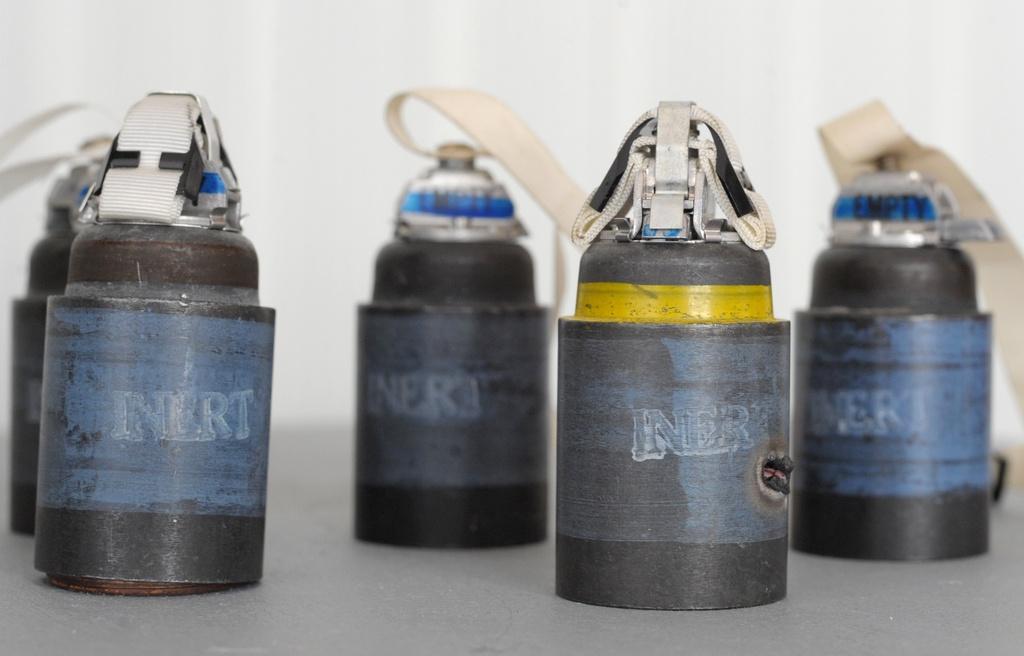
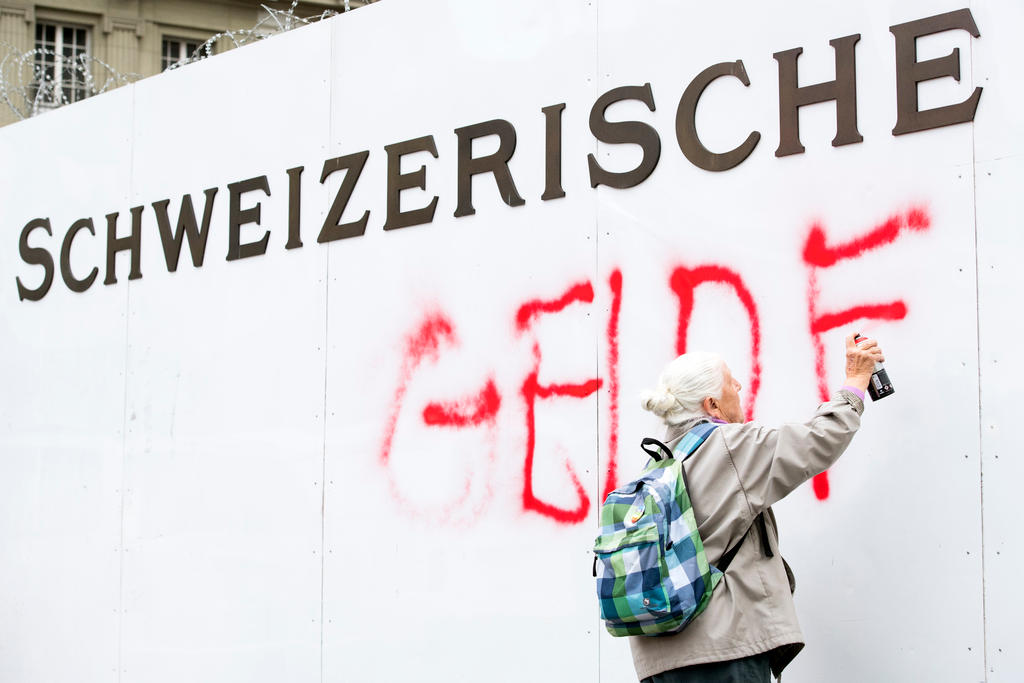


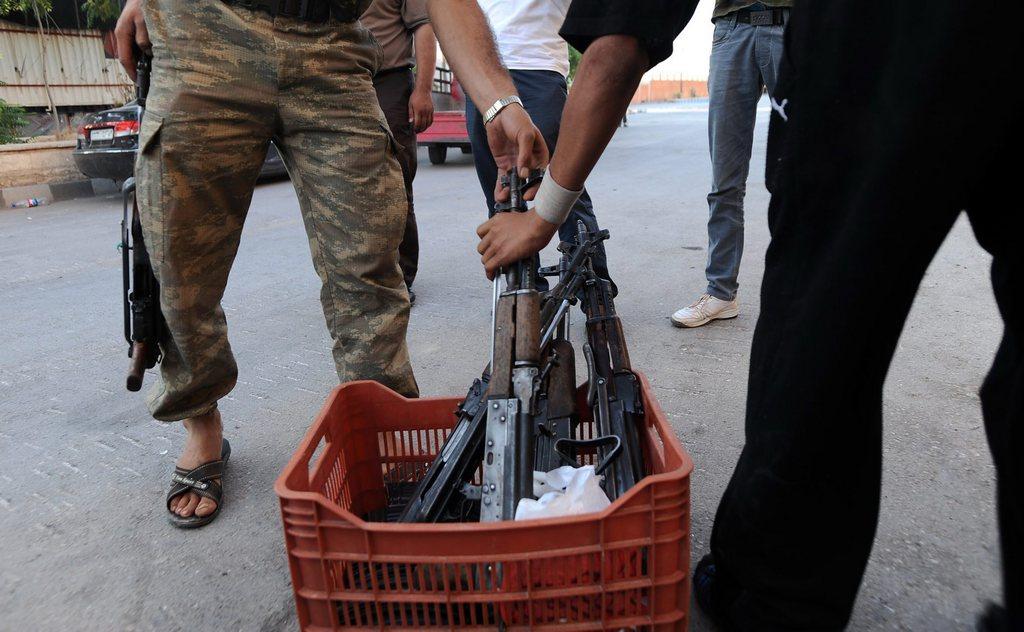
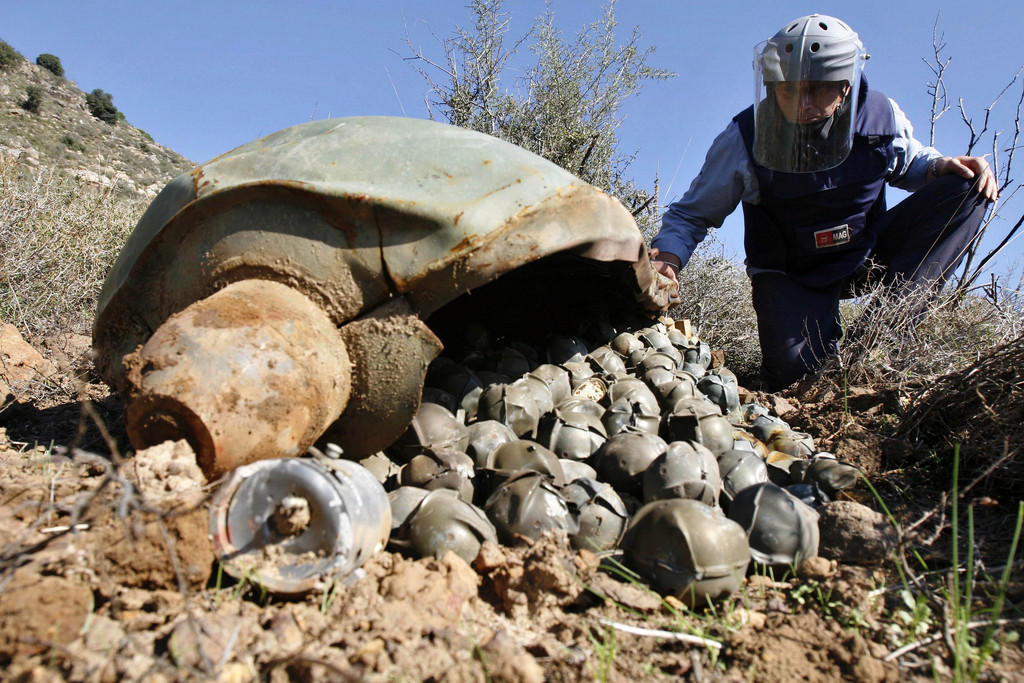

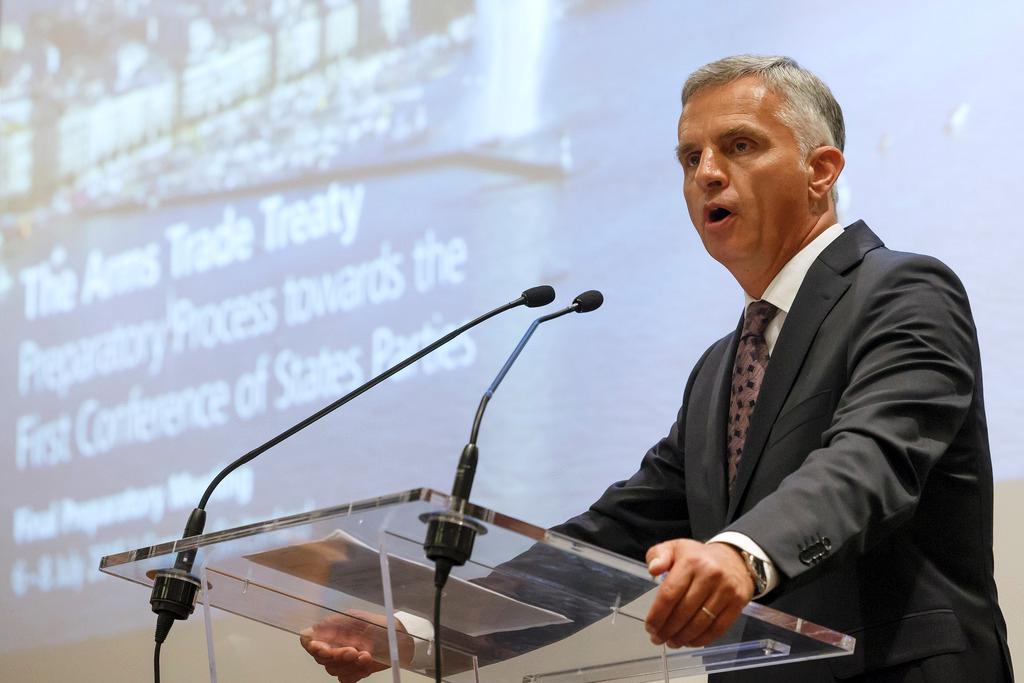

You can find an overview of ongoing debates with our journalists here. Please join us!
If you want to start a conversation about a topic raised in this article or want to report factual errors, email us at english@swissinfo.ch.